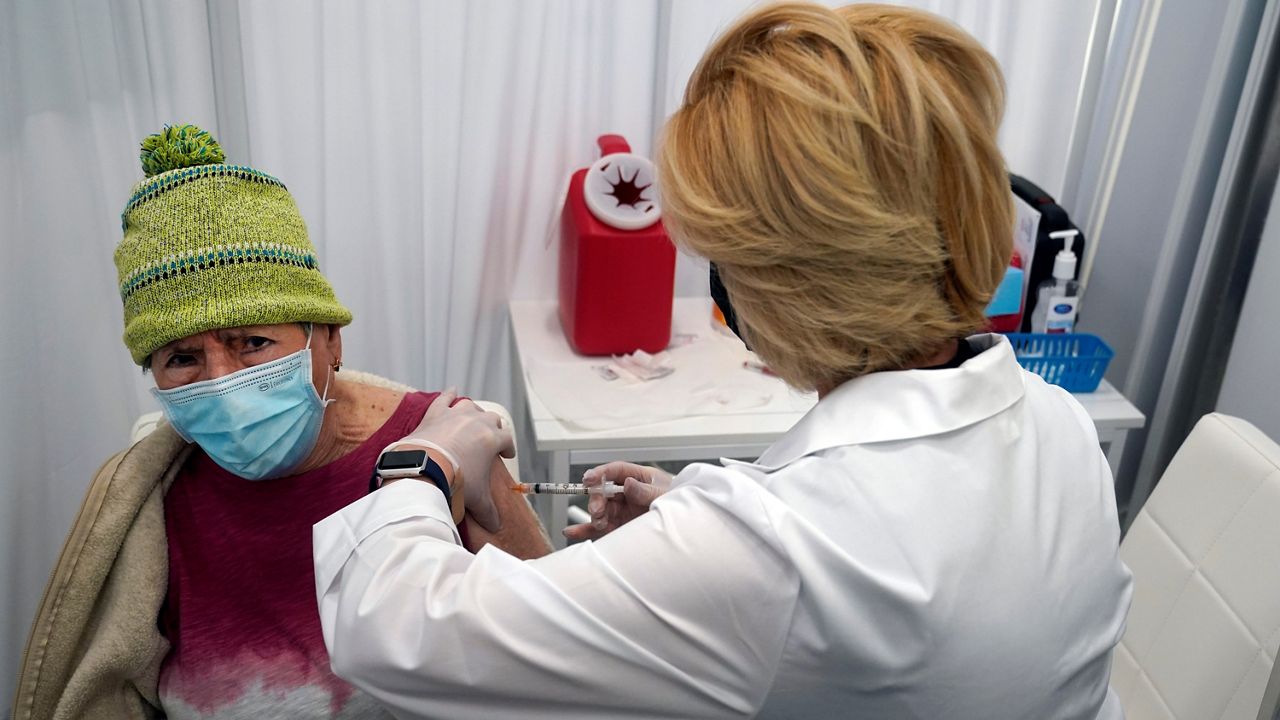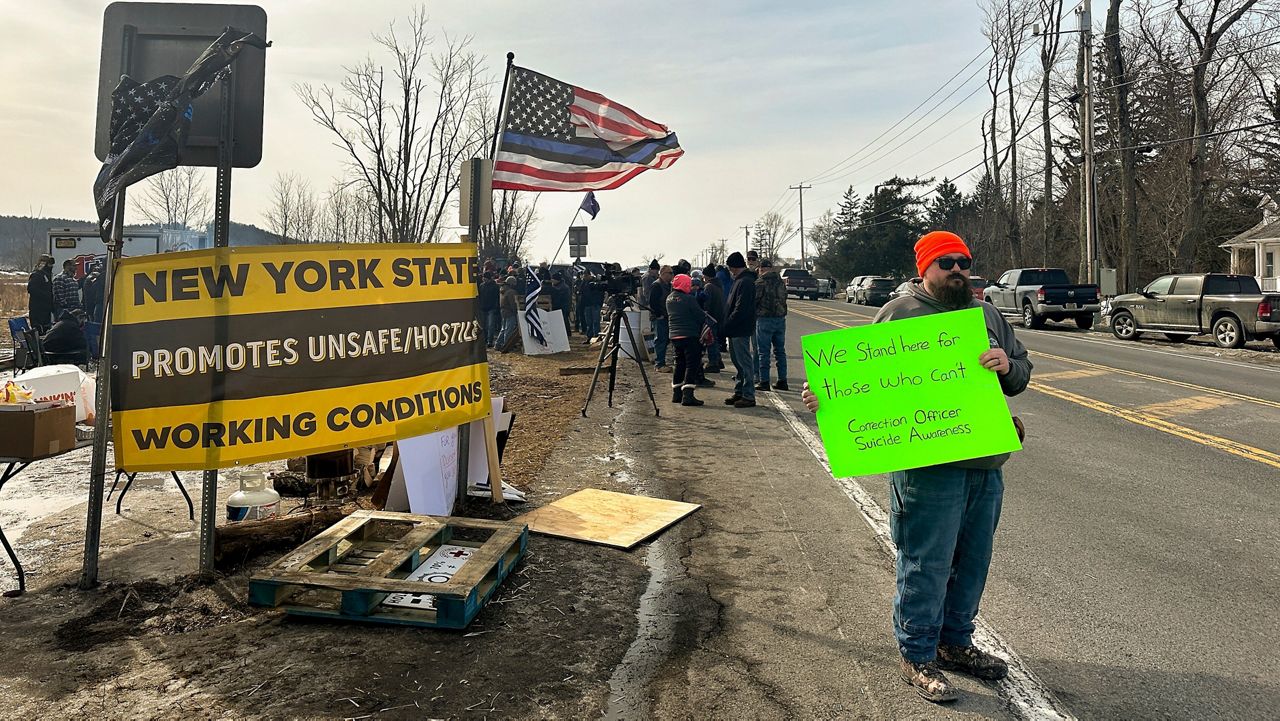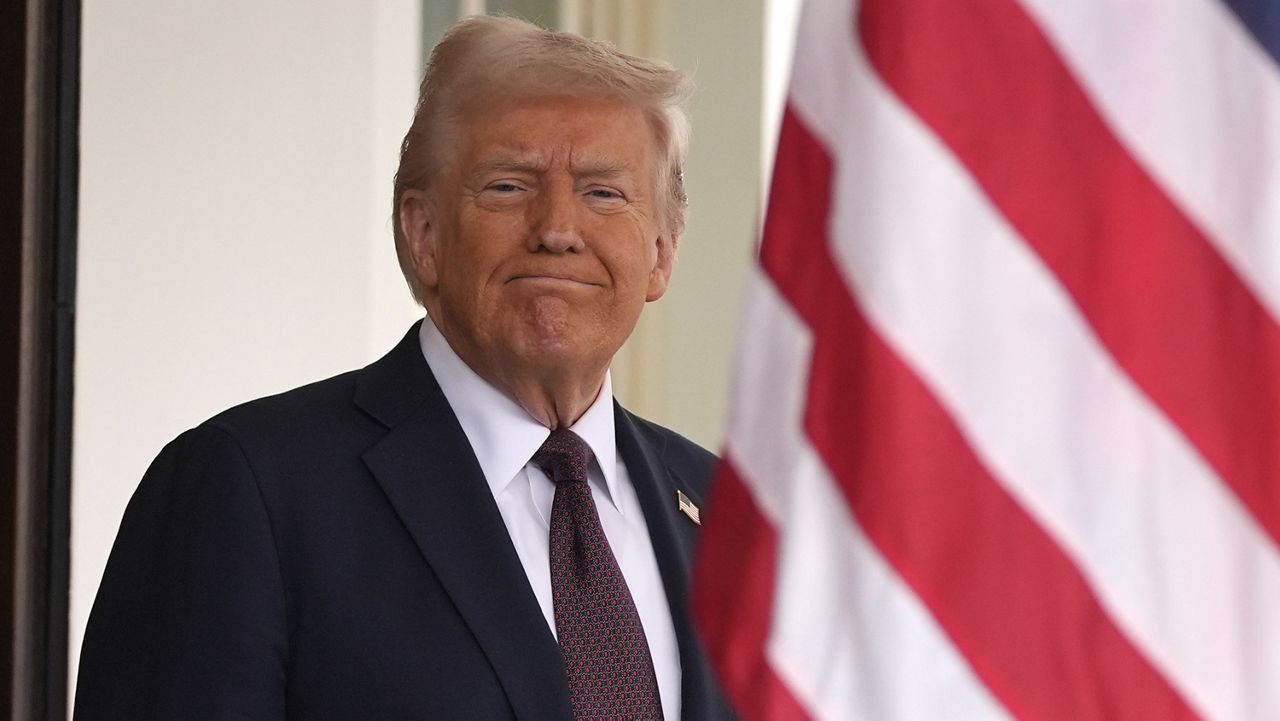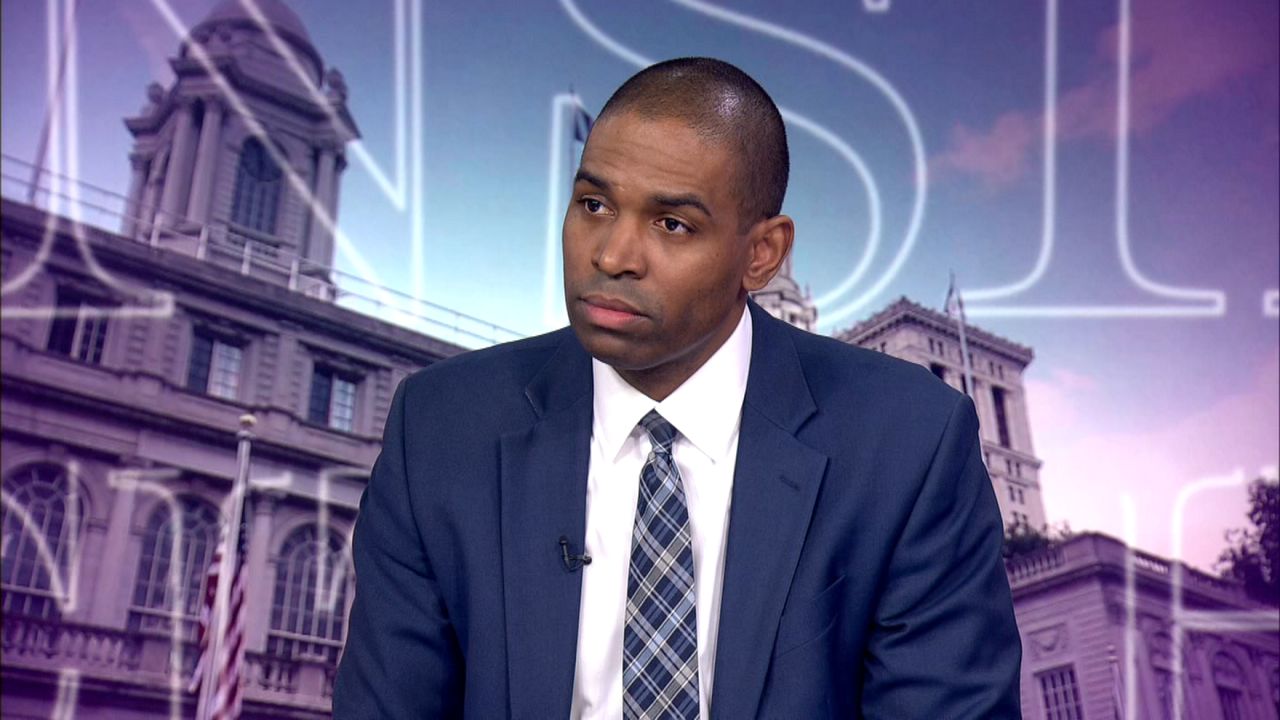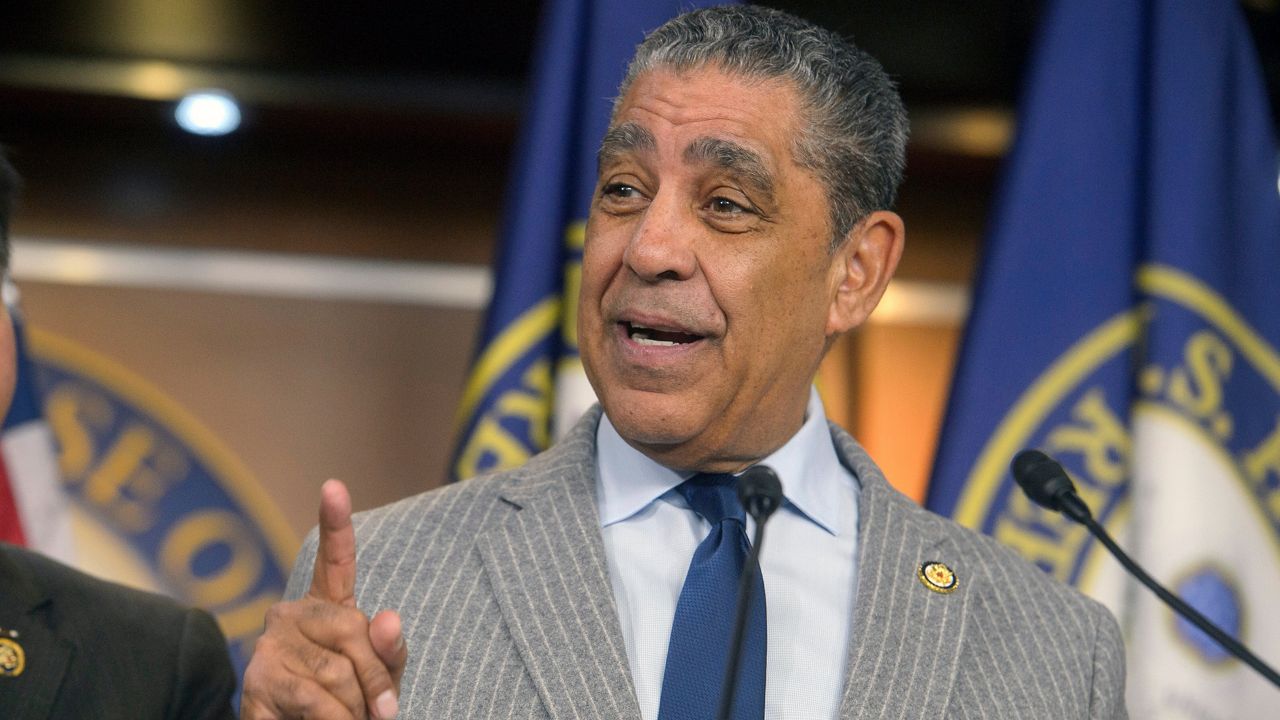New York officials on Monday announced state health officials had embraced the findings of the Centers for Disease Control to provide booster shots to those who are eligible and would begin a rollout campaign to provide the shots.
Booster shots, for now, will apply to New Yorkers who received the Pfizer-manufactured vaccine at least six months after their primary vaccine series. A person receiving a booster shot must 65 years and older, or be the resident of a long-term care facility.
New Yorkers with the Pfizer vaccine who are between the ages fo 50 and 64 and have underlying medical conditions can also receive a booster shot.
New Yorkers between the ages of 18 and 49 with underlying medical conditions or those between the ages of 18 and 64 who are at increased risk of a COVID-19 exposure because of their occupation or institutional setting can also qualify.
The state's clinical vaccine task force, meanwhile, approved of the federal Centers for Disease Control's statement issued last week that backed the booster shots for those populations.
"Our top priority remains staying ahead of this constantly changing virus and protecting New Yorkers with effective, long-lasting vaccines," said Gov. Kathy Hochul. "As we've heard from our federal and State medical and health experts, as with many other vaccines, the protection from the COVID-19 vaccine can wane over time. A booster dose of the COVID-19 vaccine will help particularly at-risk New Yorkers stay protected from the virus for longer. While the focus of our vaccination effort remains ensuring all unvaccinated New Yorkers get vaccinated, those who are booster eligible should waste no time receiving maximum protection from COVID-19 as soon as possible."
Distribution of booster shots comes after a summertime spike in COVID-19 cases and a rise in hospitalizations. The vast majority of people who have been hospitalized or died of COVID-19 has been among those who were not vaccinated.
Still, the rise of the highly contagious delta variant set off a debate over whether people should receive booster doses of the vaccine. At the moment, federal and state health officials are only endorsing the additional shots for those deemed to be in more vulnerable populations.
Nevertheless, Hochul's month-old administration has sought to prepare for the booster rollout. The state launched a website on booster shot information and set aside $65 million to build local infrastructure for booster shot distribution.
Emergency medical technicians will also be allowed to administer the vaccine, expanding the number of trained people to do so by 2,000 personnel.




